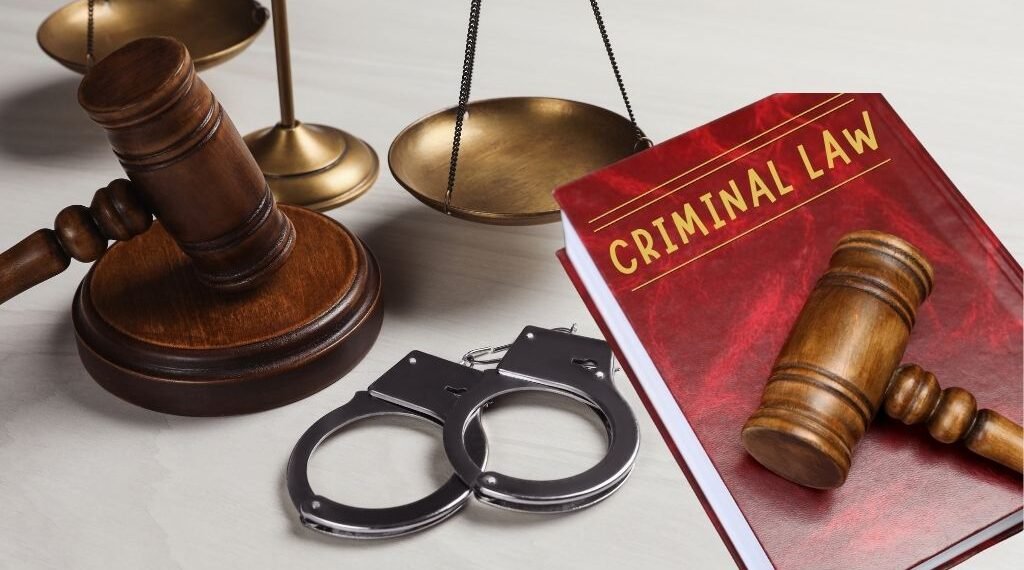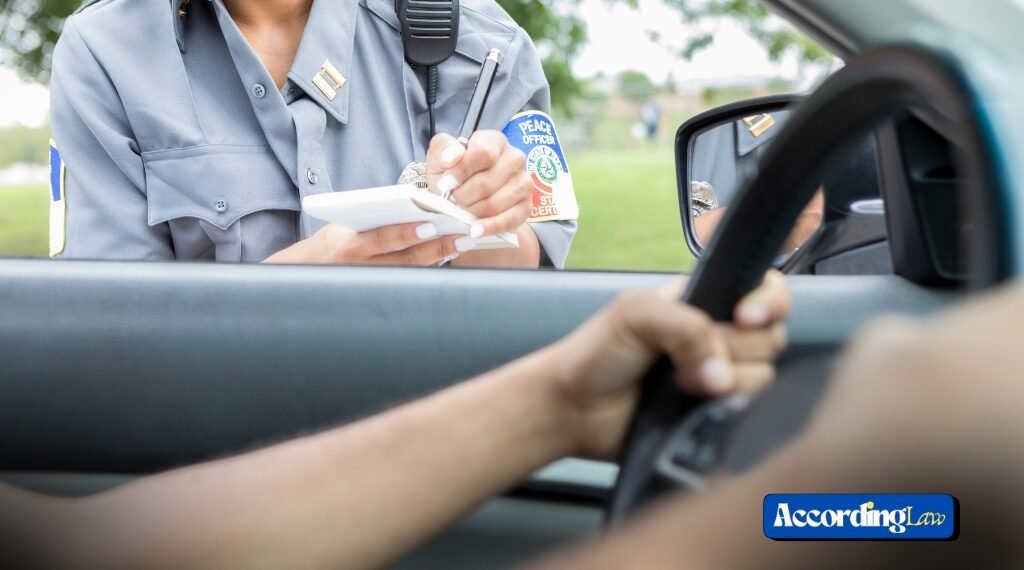Getting accused of a crime is one of the most overwhelming things that can happen to someone. Whether the charges are minor or life-altering, the consequences stretch far beyond a courtroom. Job loss, damaged relationships, financial stress, and the emotional toll, it’s a lot. And for anyone caught in the middle of it all, having the right legal support isn’t just helpful. It’s essential.
That’s where criminal lawyers come in, not as optional extras, but as the frontline defenders of your rights. It’s easy to assume legal help is something only the wealthy can afford or access easily. But the truth is, the right to a defense is baked into the American justice system. And it’s one of the most important rights we’ve got.
Table of Contents
Why Defense Matters for Everyone
It’s a common misconception that only “serious criminals” or wealthy defendants hire lawyers. But the need for a good defense doesn’t hinge on your background, bank account, or the size of your case. Whether you’re facing a shoplifting charge or a federal indictment, the legal system treats you like an opponent. You deserve someone just as skilled fighting on your side.
Criminal lawyers aren’t just for courtroom drama or celebrity headlines. They’re often the only buffer between a person and a criminal record that could follow them for life. And when your future is on the line, your freedom, your job, your family, you shouldn’t have to go it alone.
Due Process Isn’t Automatic, It’s Fought For
The U.S. Constitution guarantees certain protections to people accused of crimes. These include the right to remain silent, the right to a fair trial, and, of course, the right to an attorney. But having those rights on paper doesn’t mean they automatically work in your favor.
In many cases, people are pressured into plea deals or interrogated without fully understanding their rights. Some are held in pre-trial detention for months, even years, simply because they can’t afford bail. Others may be pushed through the system without ever getting a chance to properly defend themselves.
Defense attorneys don’t just show up at trial. They step in early to protect those rights from being overlooked, twisted, or flat-out ignored. They question evidence, call out violations, and make sure every part of the process holds up under scrutiny.
A Legal System Built on Adversaries
American criminal justice is based on an adversarial system. That means the prosecution and the defense are supposed to be on equal footing, each presenting their side of the case before an impartial judge or jury. But in reality, the scales often tip toward the prosecution.
Prosecutors have state backing, investigative resources, and deep familiarity with how local judges and law enforcement operate. Without an experienced defense attorney, the average person doesn’t stand much of a chance.
It’s not about “getting people off.” It’s about making sure the state proves its case beyond a reasonable doubt, because that’s the standard we’re all supposed to be protected by. And it’s the defense attorney’s job to hold the prosecution to that standard.
Behind the Scenes: What Defense Lawyers Actually Do
TV makes it seem like criminal defense is all dramatic courtroom speeches and last-minute revelations. In reality, most of the critical work happens outside the spotlight.
Here’s a peek at what goes into building a defense:
None of this happens on autopilot. It takes strategy, time, and a deep understanding of how prosecutors operate.
Public Defenders: Overworked, Undervalued, and Still Vital
Not everyone can afford a private attorney. That’s why public defenders exist, to make sure legal representation isn’t only for the wealthy. And while they don’t always get the credit they deserve, many public defenders are some of the hardest-working people in the entire legal system.
That said, they’re often underfunded and stretched too thin. A single public defender might juggle dozens of active cases at once, leaving little time for individualized attention. It’s not about lack of skill, it’s about lack of resources. And that’s a justice issue in itself.
When the system doesn’t support defenders properly, it fails the very people who rely on them the most.
The Cost of No Defense
Some people try to go it alone, especially if they think their case is minor or they’re hoping to explain themselves in court. But self-representation almost always ends badly. The law is technical, the procedures are strict, and the stakes are high.
Even a misdemeanor conviction can mean:
All of that can happen because someone didn’t get the right legal guidance early enough.
Having a defense lawyer doesn’t guarantee a “not guilty” verdict. But it does give you a fighting chance. It ensures someone is examining the case from every angle and standing up for your rights.
Criminal Charges Can Happen to Anyone
It’s easy to believe that criminal charges only happen to “other people.” But legal trouble doesn’t always look like what you see on the news. Sometimes it’s:
In moments like these, you don’t just need support, you need it fast. Having access to a trusted lawyer can mean the difference between clearing your name and carrying a charge you don’t deserve.
Why It’s Not Just About “Guilt” or “Innocence”
People tend to think the justice system is black and white. You’re either guilty or innocent, right? But most cases exist in a lot more gray.
Maybe the police made a procedural error. Maybe there’s more to the story than what’s in the police report. Maybe the charge is accurate, but the punishment being suggested is wildly out of proportion.
A defense attorney’s job isn’t just to say “my client didn’t do it.” It’s to push for fairness. That might mean arguing for reduced charges, alternate sentencing, or highlighting circumstances that deserve compassion and context.
The Bigger Picture: Justice for All
Criminal defense isn’t just about protecting individuals, it’s about protecting the system. When defense lawyers hold prosecutors accountable, demand real evidence, and challenge unfair tactics, they make the system stronger for everyone.
Every high-profile case that exposed a wrongful conviction, an abusive policy, or a biased prosecutor started with a defense lawyer asking tough questions. That’s how change happens.
It’s also how ordinary people, who might never have imagined themselves needing a lawyer, get treated with basic human dignity when they need it most.
Final Thoughts: It Shouldn’t Be a Fight to Be Treated Fairly
When someone is accused of a crime, the odds feel stacked. And too often, they are. But the right to a defense isn’t some technicality; it’s a cornerstone of justice.
Whether through public defenders or private counsel, every person deserves someone in their corner who understands the law, knows how to challenge the system, and treats them like a person, not a problem to process.
Criminal defense isn’t a luxury. It’s what holds the justice system accountable. It’s what stops power from going unchecked. And it’s what gives everyone, no matter their story, a shot at fairness.


